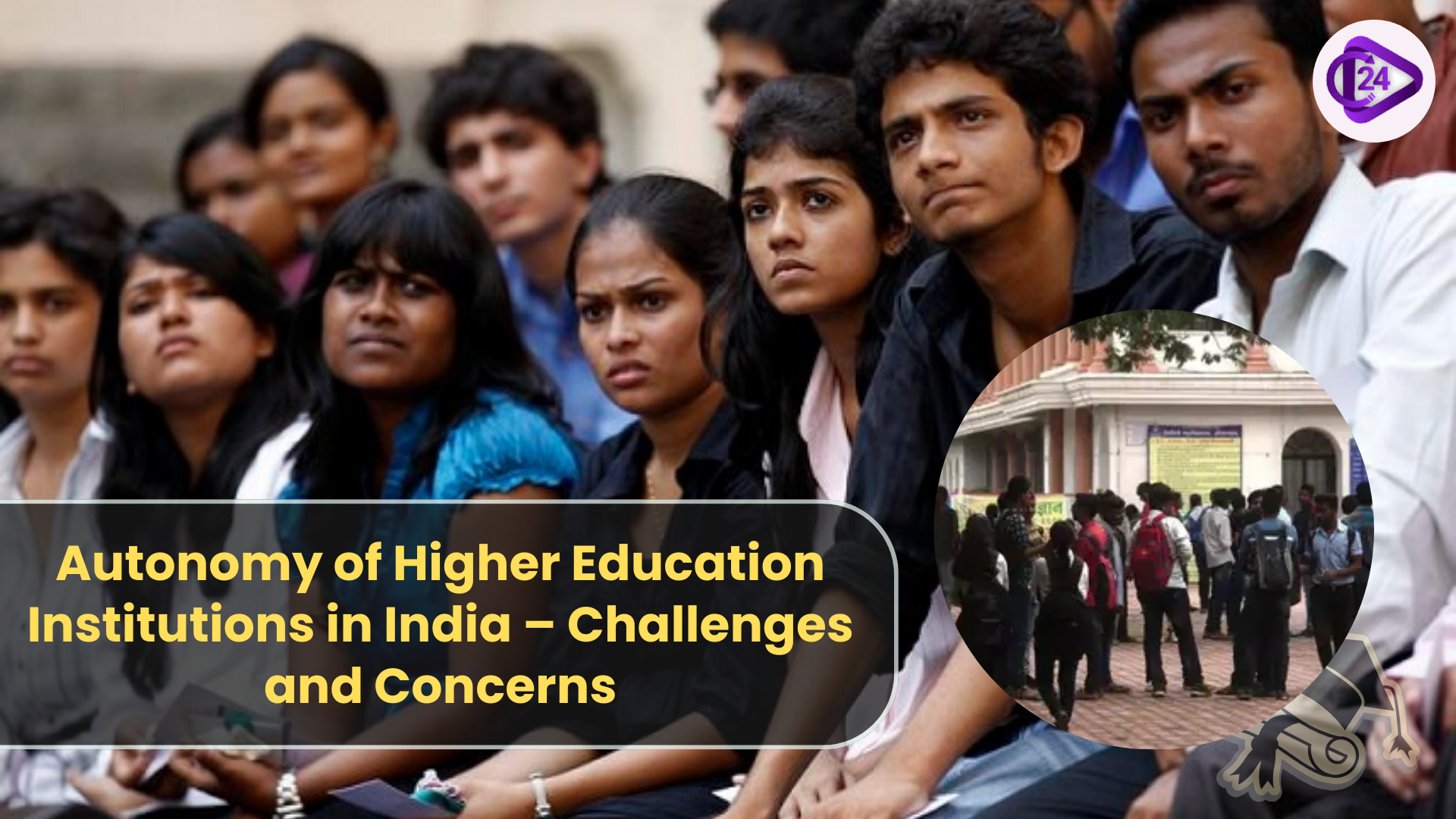
Higher education in India is in a downward trend wherein there is enormous interference at the political level especially in hiring the vice-chancellors and other faculty positions at the cost of merit and academic freedom. The independence, paramount in attaining excellence, is gradually being worn out by the control mechanisms, including the centralised position of regulation, licensing and funding on the part of the UGC. There is increasing power of ideologically based appointment which erupts the quality and pluralism and diversity within the campuses. Checks and balances of institutions on statutes are bypassed rather frequently and thus result in standardisation that suppresses innovations. The collapse in the standards of academic learning will increase faster without academic institutions taking initiatives to preserve their independence.
In News
-
Problem: The poor level of autonomy at the institutional level in universities because of political control in decision making, employment and programs.
-
Recent Trend: Appointments based on ideology particularly past 2014 and more prominence of RSS-BJP inclinations in appointment of both faculty and leadership.
-
Institutional Control: UGC is vested with collectively shared powers of licensing, regulating, as well as funding, so that neither checks nor balances can be used.
-
Effect: Quashing of otherness, pluralism and differentiation - forerunners in academic excellence.
-
Caution: Once autonomy is lost it is hard to gain back and once the institutions are compromised it will take decades to rebuild.
Background
-
Autonomy in Higher Education: This means the independence in the academic, administrative and financial decisions-making process allowing innovation and free-thinking.
-
Historical Context: Early political interference In the 1970s, there was initial political interference; it intensified with Emergency in 19751977, coalitions (19892014) later provided some checks and since after 2014, interventions have been more centralised and ideologically shaped.
Key Challenges
1. Political Interference
-
Increased appointment of VCs and faculty in ways that are increasingly not merit based but politically loyal.
-
By-passing statutory procedures of the appointments.
2. Institutional Capture
-
UGC plays a role of a regulator, licensor and fund-distributor- a server of centralisation.
-
Research control was influenced by the other bodies such as ICSSR, ICPR, CSIR, DST.
-
Issues with centralised admissions through NTA (CUET, JEE, NEET) with integrity issues.
3. Checks and Balances Erosion
-
Elimination of norms of seniority / rotation of the position of dean and HoD.
-
Selection-committee manipulation.
4. Influence on the Academic Quality
-
Suffocates diversity and pluralism, which is the principal to academic excellence.
-
The consequences of poor appointments are long term since one retires as a faculty.
Consequences
-
Academic decadence and an intellectual decline.
-
Politicisation of Campuses, minimising the room of autonomous thinking.
-
Perpetual loss of trust among people and reputation of institutions.
Way Forward
-
Amplify Statutory Autonomy: Intensify the legal provisions to defend the autonomy of universities.
-
Open Appointments: Search committees removed from the political fray.
-
Decentralisation: Divide among various bodies in regulation, accreditation and funding.
-
Capacity Building: Governor on ethics in governance academies.
-
Stakeholder Claim: University communities have to be on the front line of defending their autonomy.
Conclusion
The key to academic excellence, innovation and democratic culture is university autonomy. When politics takes grip on the administration of higher education, these values are eroded leading to a lasting damage which is difficult to correct. That the only way to protect the autonomy is not only to make systemic reforms and also resist actively by the academic communities but also to depend not on the goodwill of the government.



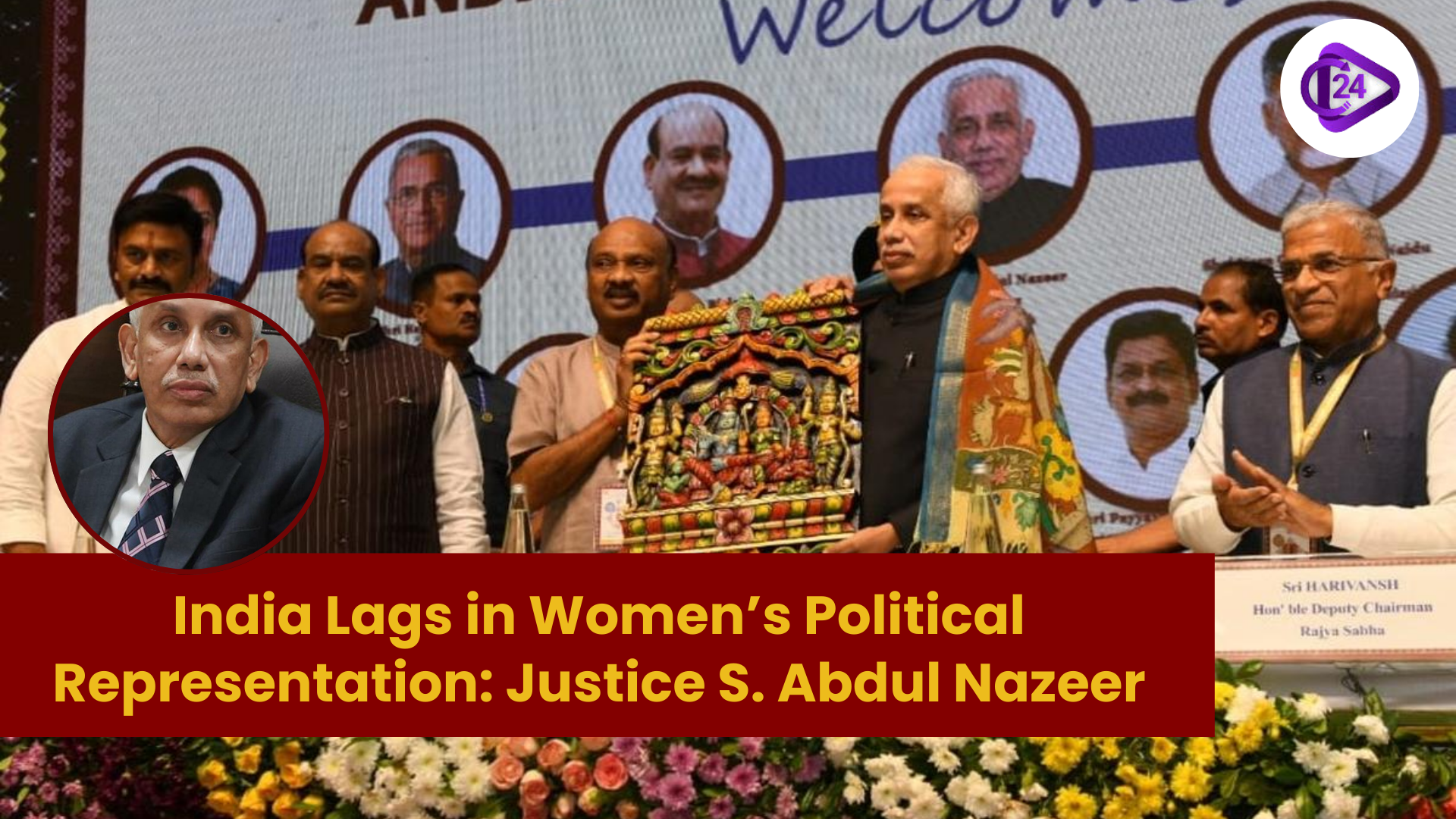 India Lags in Women’s Political Representation: Justice S. Abdul Nazeer
India Lags in Women’s Political Representation: Justice S. Abdul Nazeer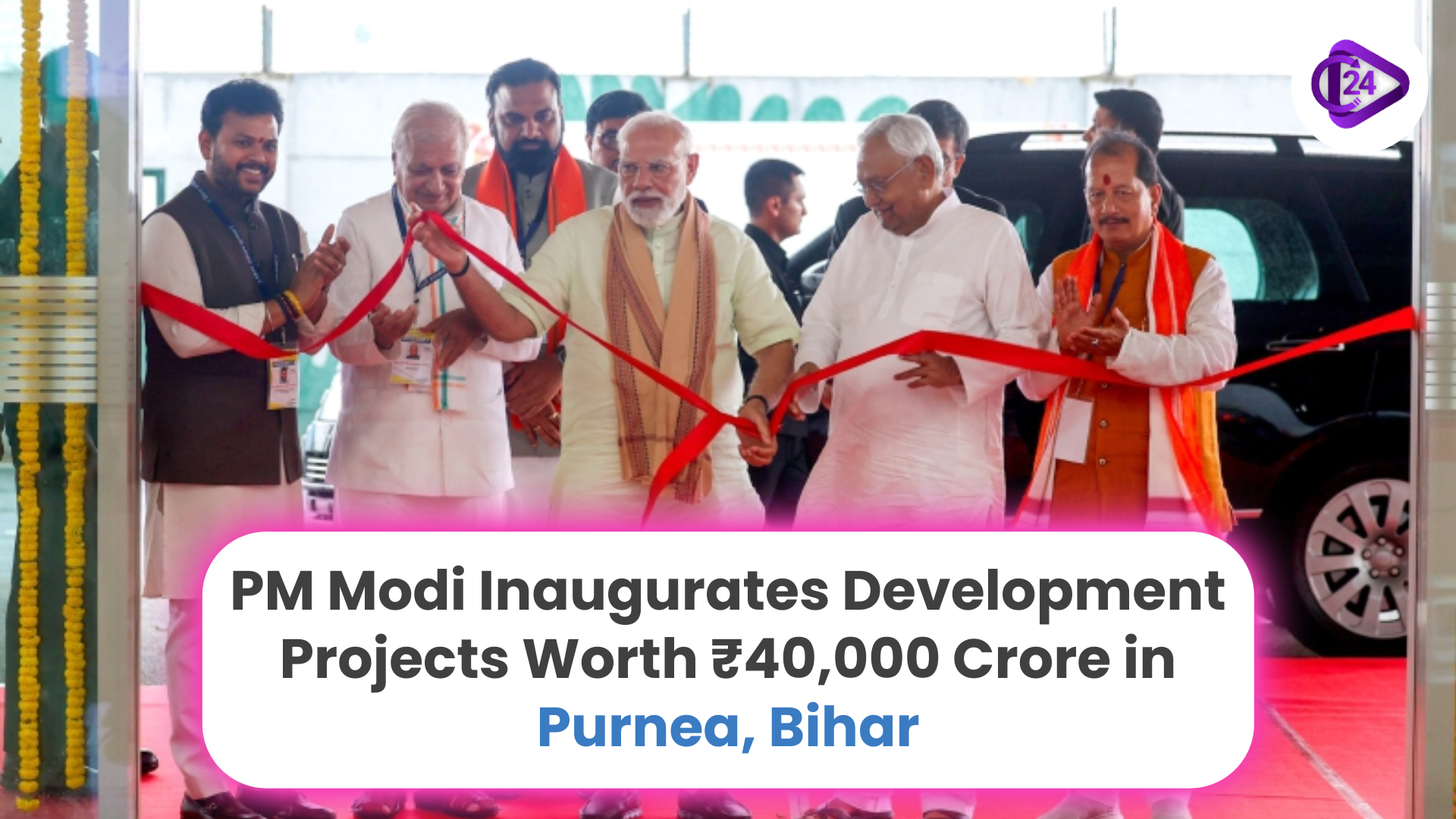 PM Modi Inaugurates Development Projects Worth ₹40,000 Crore in Purnea, Bihar
PM Modi Inaugurates Development Projects Worth ₹40,000 Crore in Purnea, Bihar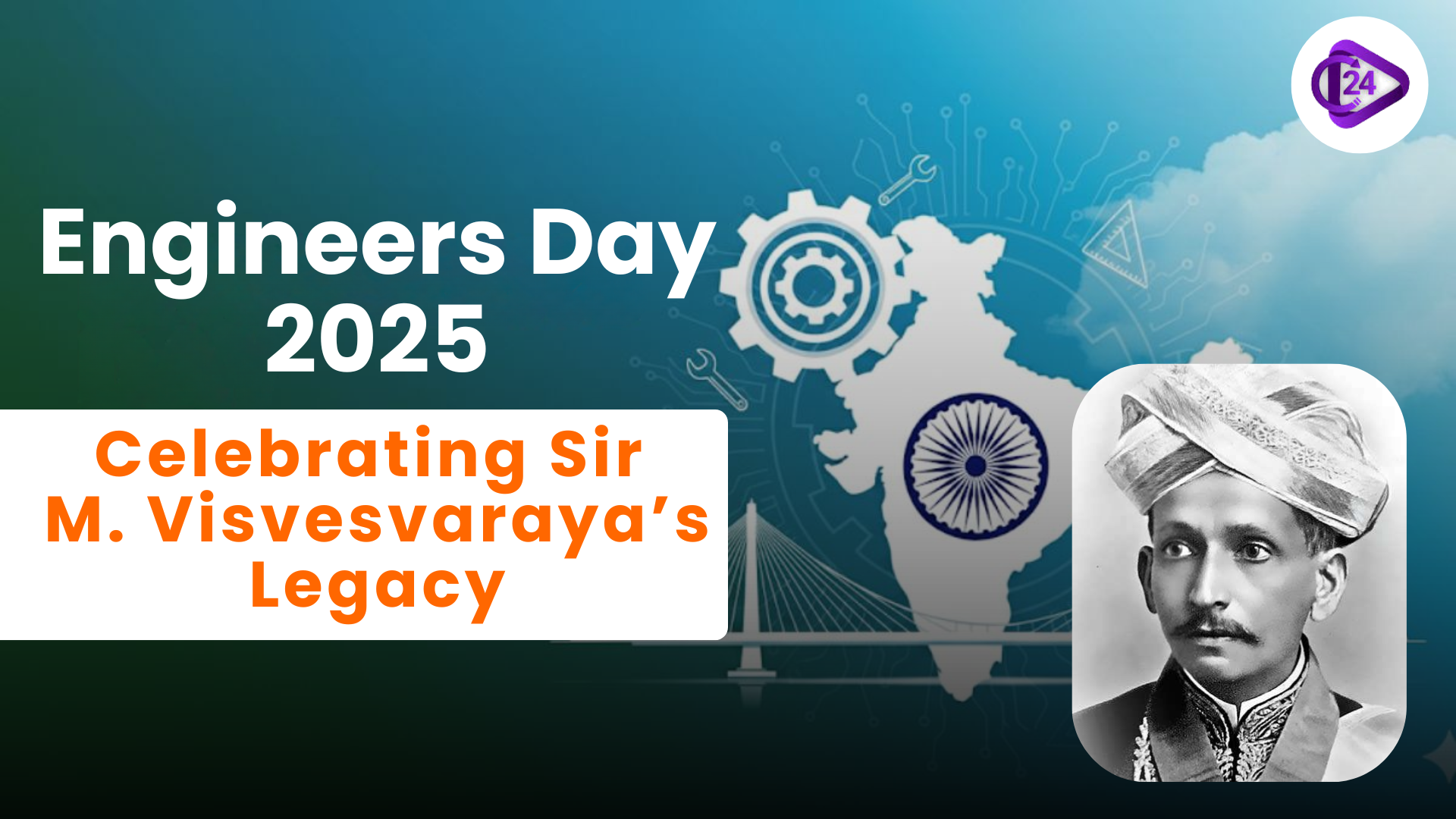 Engineers Day 2025: Celebrating Sir M. Visvesvaraya’s Legacy
Engineers Day 2025: Celebrating Sir M. Visvesvaraya’s Legacy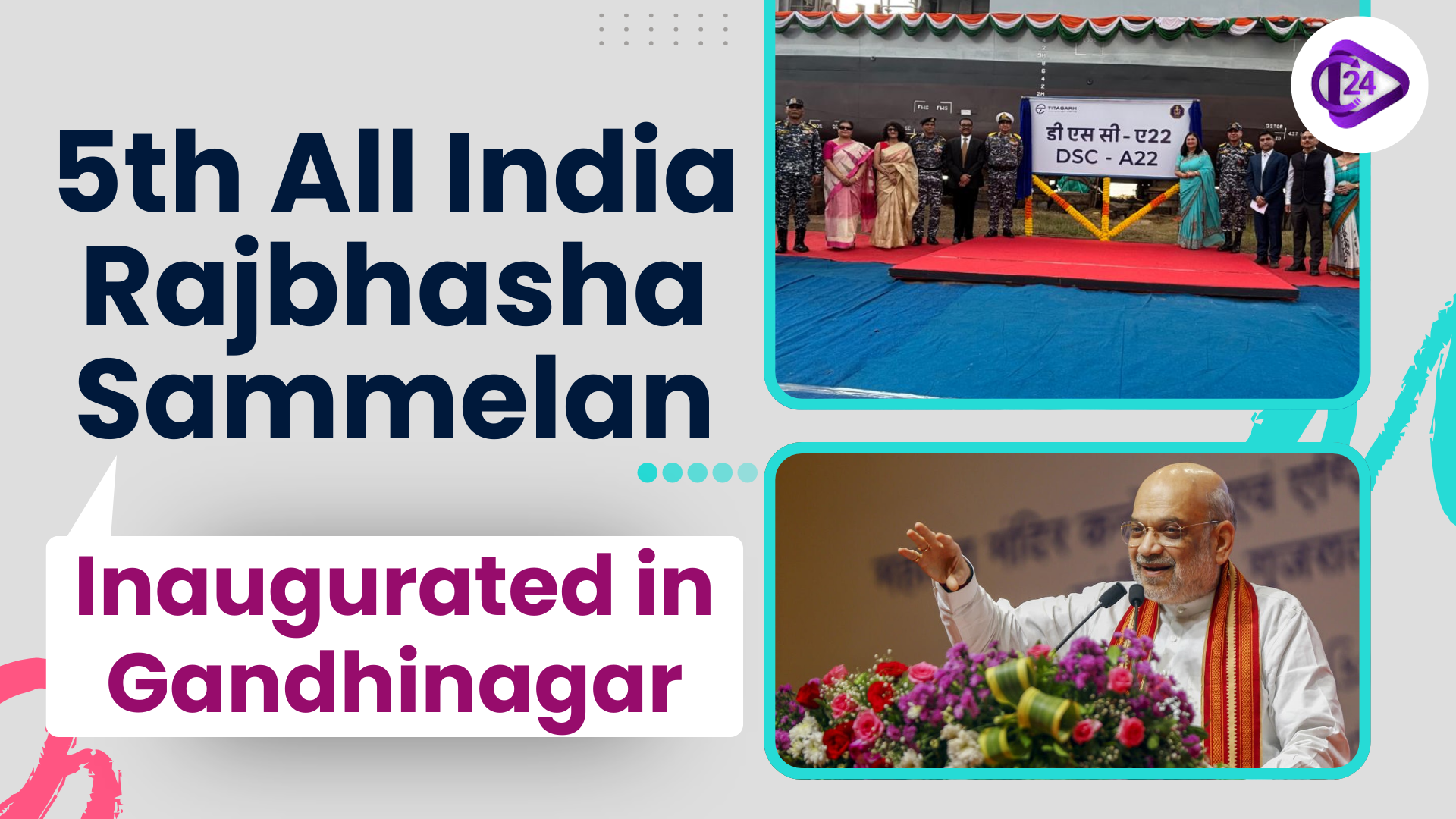 5th All India Rajbhasha Sammelan Inaugurated in Gandhinagar
5th All India Rajbhasha Sammelan Inaugurated in Gandhinagar India Achieves 250 GW Non-Fossil Fuel Power Capacity
India Achieves 250 GW Non-Fossil Fuel Power Capacity Great Nicobar Island Project: Transforming India’s Southernmost Island
Great Nicobar Island Project: Transforming India’s Southernmost Island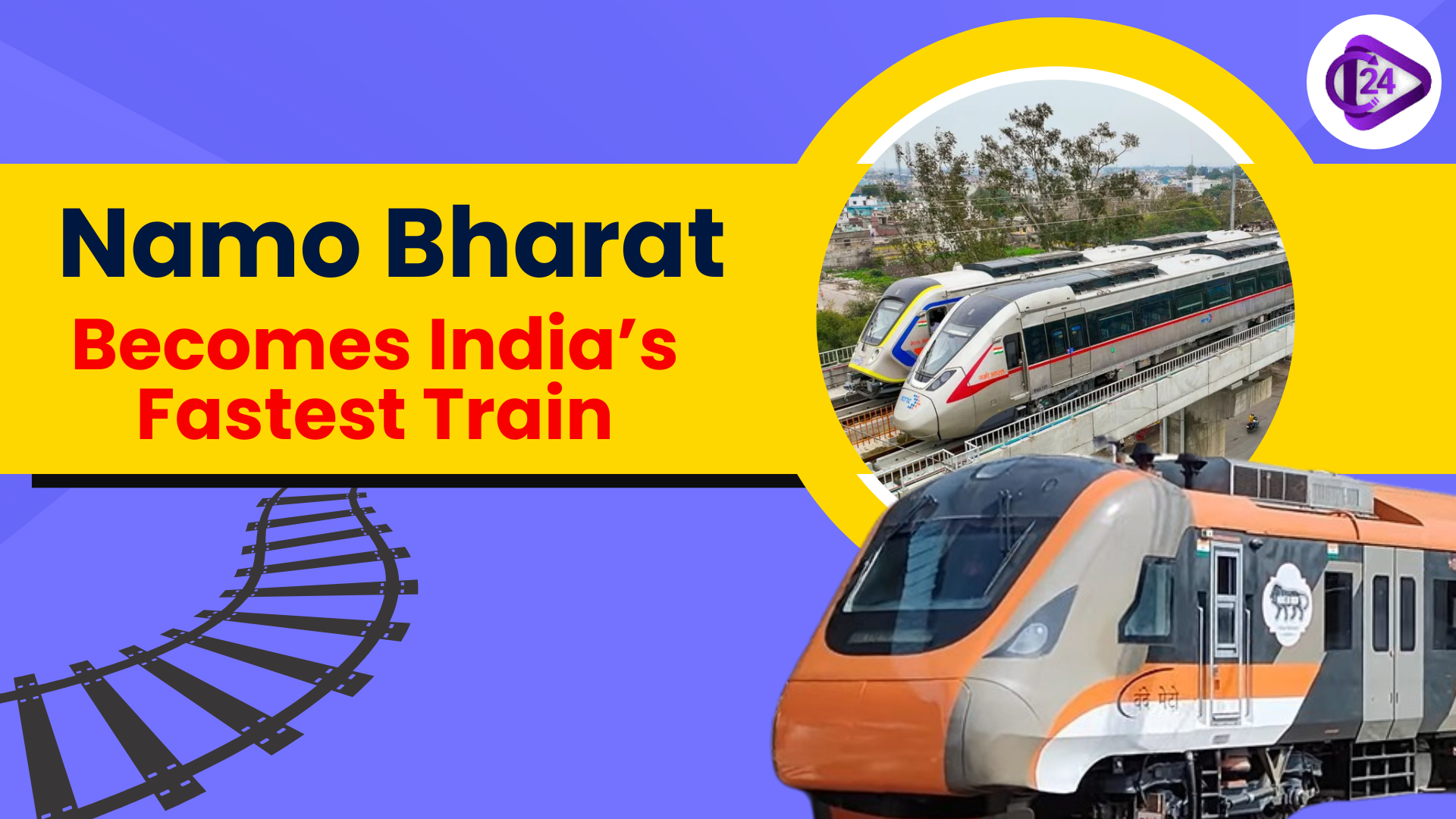 Namo Bharat Becomes India’s Fastest Train on Delhi-Meerut RRTS
Namo Bharat Becomes India’s Fastest Train on Delhi-Meerut RRTS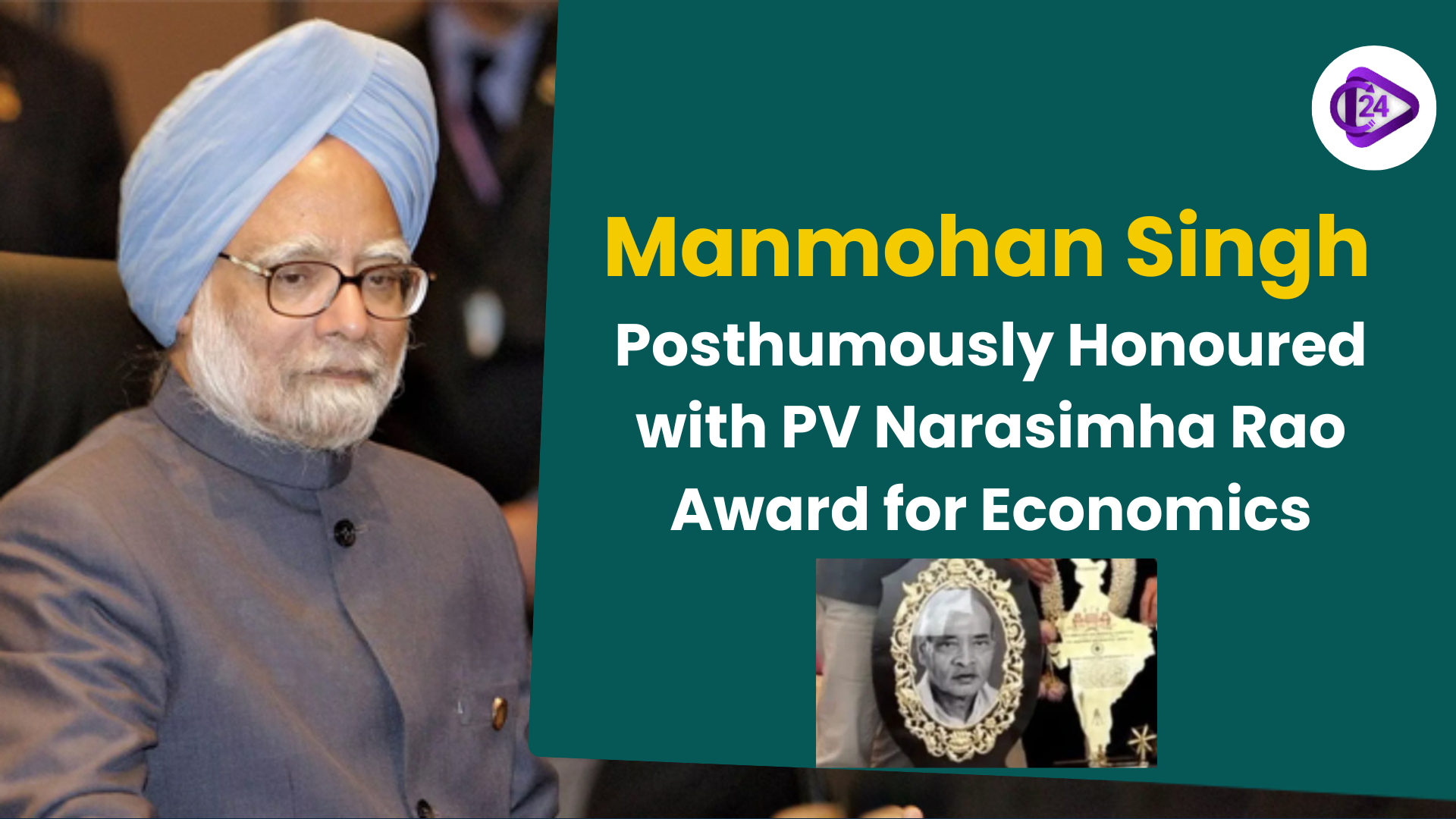 Manmohan Singh Posthumously Honoured with PV Narasimha Rao Award for Economics
Manmohan Singh Posthumously Honoured with PV Narasimha Rao Award for Economics Digital Platform to Preserve Tribal Art and Culture Launched: Adi Sanskriti
Digital Platform to Preserve Tribal Art and Culture Launched: Adi Sanskriti Centre Grants Licenses to Five Firms for Indigenous Malaria Vaccine
Centre Grants Licenses to Five Firms for Indigenous Malaria Vaccine






